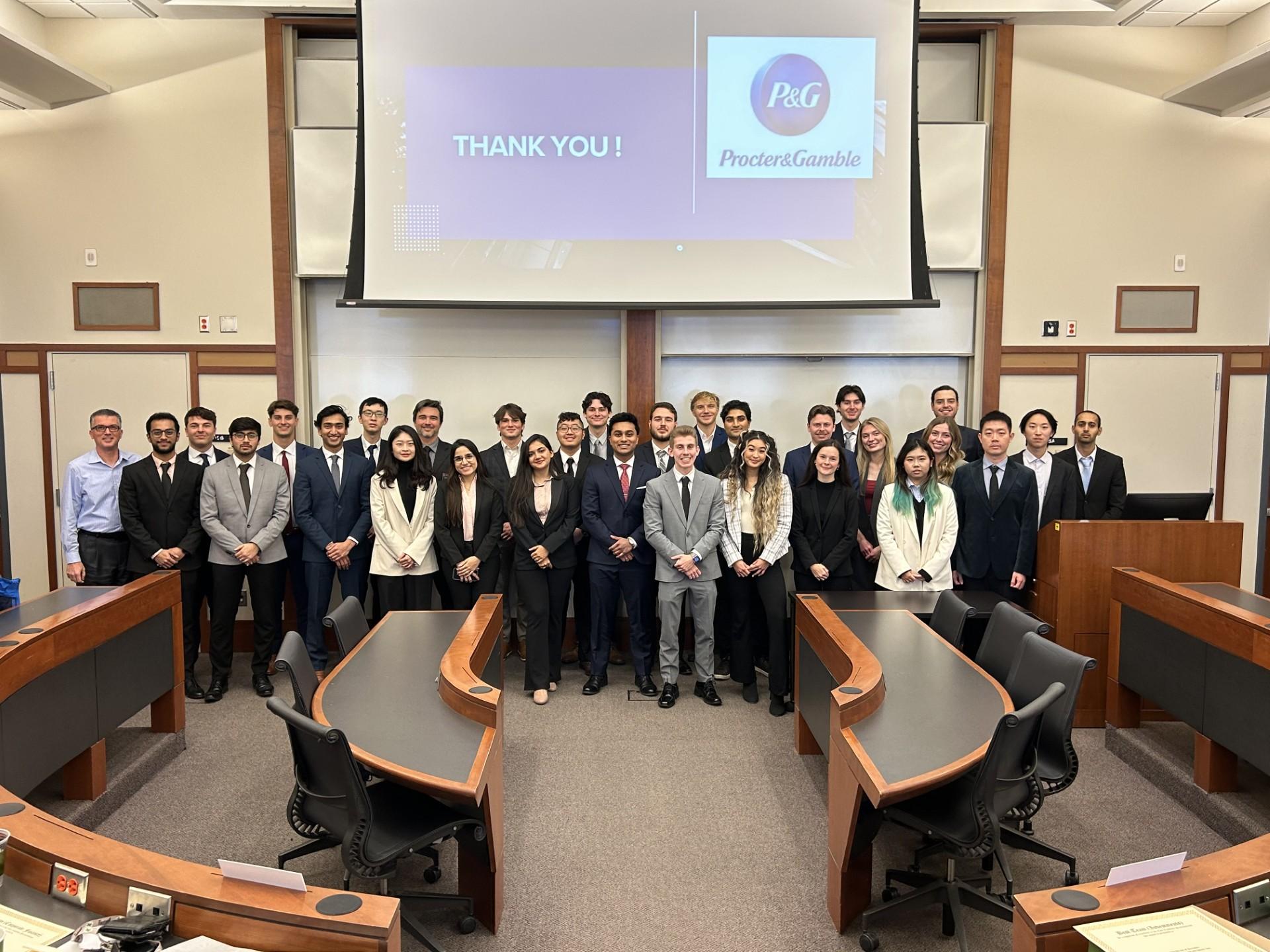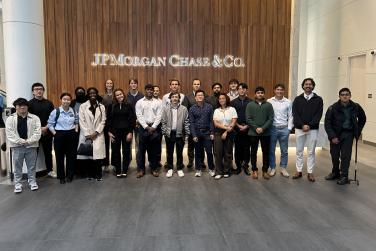
Bridging Theory and Practice: Real-World Applications of Corporate Finance Knowledge
Many have asked my opinion on the practical application of the knowledge acquired from the program, especially given my long experience in the market. I believe that this answer relies not only on the value of the content itself but also to understanding how to apply that knowledge in real-life situations. This is true whether you are seeking a job position and want to be competitive from the start, or if you are a manager evaluating this candidate. The key question is: How capable is this professional of delivering value to the company?
Well… I believe the best way to solidify knowledge is through practice. The program does an excellent job of striking a balance between theory and practice. It provides a robust theoretical foundation while offering practical applications of that knowledge. This balance is invaluable in advancing professional skills for real-world challenges.
One of the most rewarding experiences has been the Capstone Project, in which we analyzed a real company from a strategic perspective. Our work involved evaluating the company’s past performance, performing a deep analysis of its financial statements, and forecasting future returns. One of the key outputs of this project was determining the fair range for the company’s stock price and assessing if it was currently over- or underpriced. My group was assigned to Target. It was an incredible learning experience, and I was honored to be awarded Best Presenter.
For those following the Corporate Finance track, one of the most relevant and interesting projects focused on financing. Once again, we had to source and analyze real data from a real company, and this time we chose Phillips 66. Our task was to evaluate the company's capital structure, identify and project the cost of capital, analyze its current and potential credit ratings, and compare it to peers based on leverage and liquidity ratios. Furthermore, we examined their shareholder return strategy and provided recommendations based on our forecasted scenarios. This project, like many others, allowed us to apply the theory in a very practical way.
Throughout the program, there are many other applied knowledge assignments that help us evaluate companies and industries from a variety of financial perspectives. For anyone pursuing a career in Corporate Finance, I strongly recommend taking accounting classes focused on financial statement analysis. These courses give us a deeper understanding of Balance Sheets, Income Statements, Cash Flow Statements, and SEC filings such as 10-Ks and 10-Qs. In these classes, we work alongside the Master of Accounting cohort, which exposes us to different perspectives and provides a new set of tools.
Currently, my group and I are working on a project as external consultants for a real company. In this project, we are helping clients from different industries, each with their own set of requests. Our role is to define the best approach to meet each client’s demands, come up with valuable recommendations to improve results and internal processes, and even design models to support future analysis. This is an ongoing assignment, so I will have much more to share in about four weeks. Until then, lots of work and knowledge ahead of us. After all, the only way to know if you are ready is by exposing yourself to these real-world challenges.







